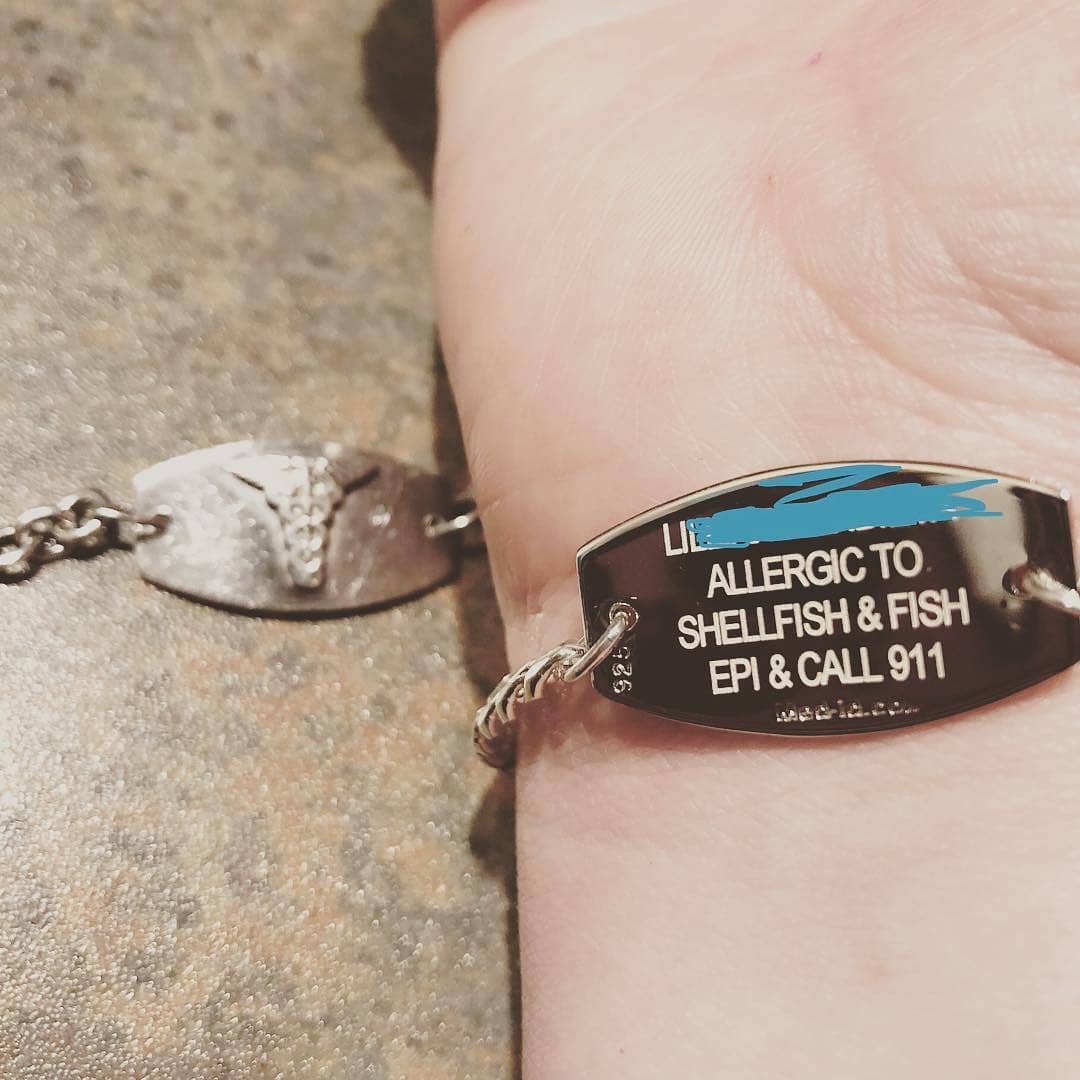If you or a loved one has epilepsy , you may be wondering if living alone with epilepsy is possible or even safe.
Fortunately, it is possible for someone living with seizures to safely live independently, especially if they’re proactive about minimizing safety hazards and are educated about epilepsy safety.
Here’s what you should know about living alone with epilepsy.
Can you live a normal life with epilepsy?
While dealing with epilepsy problems such as regular seizures can be challenging, it is possible to live a happy and fulfilling life while managing your condition. You can do so by being educated on your condition by asking questions of your doctor whenever you have them, doing your own research, taking your medication as prescribed, and making sure to ask your doctor about any health concerns or before taking any new medications or supplements.
Maintaining a generally healthy lifestyle can also aid in managing your condition, including by getting enough sleep every night, exercising regularly, eating a balanced diet, maintaining a healthy weight, not smoking, limiting alcohol, and keeping stress at bay.
How dangerous are seizures if you are alone?
One of the dangers of seizures is experiencing them when no one else is around, which is a risk if you live alone. While it is possible to safely live alone if you have epilepsy, there are steps you can take to keep yourself safe when having a seizure alone.
SUDEP: the risks of epilepsy during sleep
SUDEP refers to the sudden, unexpected death of someone with epilepsy. It makes sense that anyone who lives alone will want to know how to deal with epilepsy risks during sleep. Those who suffer SUDEP usually aren’t shown to have experienced a convulsive seizure, but rather potentially died from irregular heart rhythm or breathing problems.
Risk of showering alone with epilepsy
Showering can pose a bigger risk for epilepsy patients, as they can slip and suffer a serious fall. You can make your shower “fall proof” by using a chair in the shower and installing a non slip bath mat.
Other living space risks
You can further “fall proof” your home by getting rid of items that may trip you and adding non-slip rugs and carpets. Taking an elevator over the stairs whenever possible can minimize fall risk as well, and using back burners when cooking can help to prevent hot pans from falling. Lastly, giving a key to a neighbor can be helpful in case they need to reach you quickly during an emergency, such as if you’re having a seizure.

5 precautions for living alone with epilepsy
Below are five seizure safety considerations and precautions for epilepsy that can make all the difference in creating a safe living environment for someone who experiences seizures.
1. Wear a bracelet or other jewelry describing your condition
Wearing an epilepsy ID bracelet can be invaluable in helping emergency responders be aware of your conditions if you’re experiencing a seizure and are unable to communicate that information. Shop American Medical ID’s selections and customize it with the pertinent information of your choosing (name, condition, medications, etc.).
2. Wear a seizure alert device
A seizure alert device is a way to give you and your loved ones peace of mind if you live alone. One example is NightWatch, which is comfortable to wear and works to detect clinically urgent epileptic seizures while you’re asleep. It works when worn as an armband that monitors your heart rate and motion while asleep. If it detects a serious epileptic seizure, it sends a warning to a caregiver via a wireless signal.
3. Have a seizure response plan
Another way to provide peace of mind to your friends and family members is to outline a seizure response plan with them. It can include tips on how to identify the signs of a seizure, how to position your body if they witness you having a seizure, and important phone numbers to call, such as your doctor or 911.
4. Fall proof your living space
As outlined above, you can take steps to minimize your risk of falling or hurting yourself, such as by reducing trip and slip hazards in your home.
5. Know your triggers
It may take some time, but you can work to identify what individual factors may be connected to your seizures. These include things like stress, lack of sleep or alcohol and drug use, and being in tune with these factors can help you reduce your risk.
What to do if you have a seizure alone
If you’re wondering what happens if you have a seizure alone, you’re not alone in this concern.
If you experience a seizure alone, it may be difficult for you to take the steps someone could help you with, such as calling for help or moving you to a better position. This is where having an emergency response service alarm in addition to a medical ID could be especially useful.
Housing for adults with epilepsy: a possible solution?
You may be wondering about what is the best place to live with epilepsy, especially if you or a loved one would be living independently. Some assisted living facilities may cover epilepsy patients as part of their care. Do some research around your area and call to ask if they have housing options for adults with epilepsy.

Key takeaway on living with epilepsy
Coping with epilepsy issues often involves safety considerations for people with epilepsy who live alone. While it is possible for people who experience seizures to live independently, it’s important to take precautions to optimize their level of safety.
Frequently Asked Questions
Are there any things you can’t do with epilepsy?
While the below items aren’t impossible, there are certain precautions doctors will advise you take, including the below activities to avoid with epilepsy:
- Swimming alone
- Playing contact sports
- High climbing
- Cooking over an open flame
- Giving a baby a bath
- Drinking alone or excessively
Should a person with epilepsy be left alone?
A person with epilepsy can safely live alone, though it’s recommended they outline a seizure response plan, implement safety measures in their home as outlined above, install an emergency alarm system, and wear a medical ID bracelet.
Are epileptic seizures dangerous?
While most seizures don’t require hospitalization, you can find yourself in a dangerous situation if you fall while having a seizure, or if you’re driving while experiencing a seizure, for example. And though uncommon, seizures can sometimes result in death.
Can you stop yourself from having a seizure?
While there isn’t much you can do to stop a seizure as it’s happening, anti-epileptic medications are designed to prevent seizures, so make sure you’re taking your medication as directed by your doctor.
Can you survive a seizure alone?
By taking steps to minimize safety hazards and making it easier to call for help during an emergency, you can survive a seizure alone.
Resources
- https://www.cdc.gov/epilepsy/managing-epilepsy/checklist.htm
- https://www.cdc.gov/epilepsy/groups/communities.htm
- https://medlineplus.gov/epilepsy.html
- https://www.epilepsy.com/learn/triggers-seizures
- https://www.epilepsy.com/living-epilepsy/independent-living
- https://www.epilepsy.org.uk/info/children-young-adults/young-people/activities
- https://www.nm.org/healthbeat/healthy-tips/dos-and-donts-of-seizures
- https://www.epilepsy.com/living-epilepsy/seizure-first-aid-and-safety/staying-safe/safety-exercise-and-sports#:~:text=People%20with%20uncontrolled%20seizures%20should,to%20injury%20and%20possible%20death.






